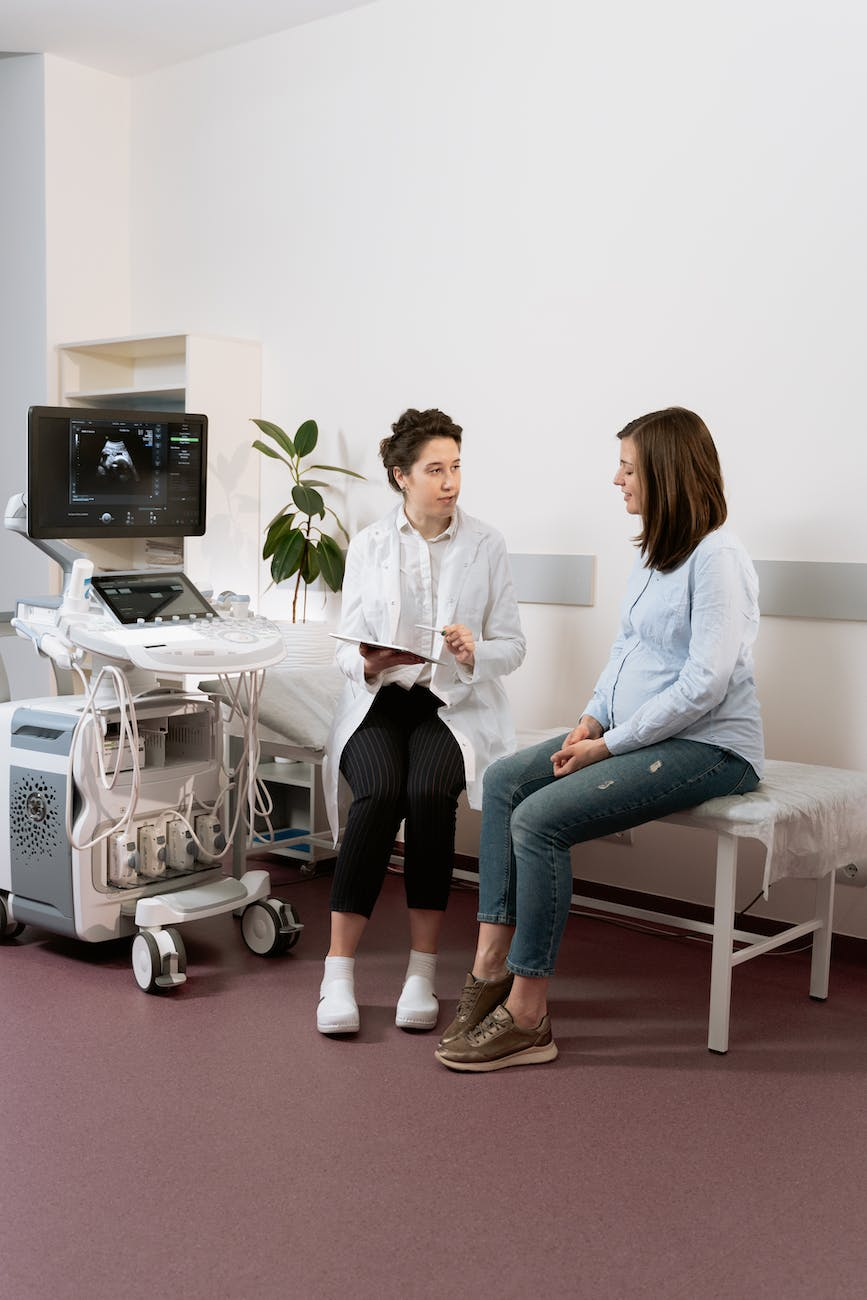The term BRCA 1 and BRCA 2 mutation has spread throughout the breast cancer community.
Let’s help clarify the chatter.
BRCA 1 and BRCA 2 genes affect the body’s process of replicating and dividing specific calls in the human body. Any mutation of these genes can cause the cells that these genes are responsible for to grow out of hand in troubling ways, causing growth and cancer.

So does having BRCA 1 and BRCA 2 mean I will die from breast cancer or ovarian cancer?
Just because you have a BRCA 1 and BRCA 2 mutation does not mean you will develop breast cancer or that you will perish from cancer.
But the truth is that BRCA 1 and BRCA 2 mutations will increase your chance of breast and ovarian cancer.
About 50 out of 100 women with BRCA 1 and BRCA 2 mutations will develop breast cancer, while 30 out of 100 women will develop ovarian cancer.
This is compared to 7 out of 100 and less than 1 out of 100 on women without this mutation.
Signs you should be tested for the BRCA 1 and BRCA 2 gene mutation:
- One or both parents possess the BRCA 1 and BRCA 2 mutation
- You are a male with breast cancer
- Cancer in both breasts
- Breast cancer in parents before the age of 50

What can I do if have these mutations?
The good news is that their preventative measures you can pursue in order to increase your odds of being cancer free.
Surgery to reduce cancer risk
Prophylactic surgeries of breast tissue, as well as the ovaries and fallopian tubes respectfully, have proven to be effective methods of preventing cancers from forming.
A prophylactic mastectomy has proven to reduce the chance of breast cancer in women with BRCA 1 and BRCA 2 mutations by 90%.
Prophylactic oophorectomy has also proven to greatly reduce the chance of ovarian cancer in women and has even proven to prevent breast cancer to a certain degree.
Drug Treatments for BRCA 1 and BRCA 2
As effective as prophylactic surgery can be, the results are also dramatic and can be too harsh to bear if there are other alternatives. Drugs like Opalarib are PARP inhibitors, that stop cancer cell ability to repair themselves and their DNA.
While symptoms vary from person to person, Opalarib can leave weakened, and increase your chance of infection due to the nature of the drug.
Speak to a medical professional about medical history before considering Opalarib.
While PARP inhibitors have proven effective, medical professionals are working on drugs with lesser side effects and more powerful efficacy by the day.
Speaking to a doctor is key
Dr. Euhus of John Hopkins said better than anyone, “ Recommending any preventive treatment should be based on carefully calculating the actual risk to the patient.”
If you or a loved one believe that they have BRCA 1 and BRCA 2 mutations, it’s time to speak to a medical professional today.
